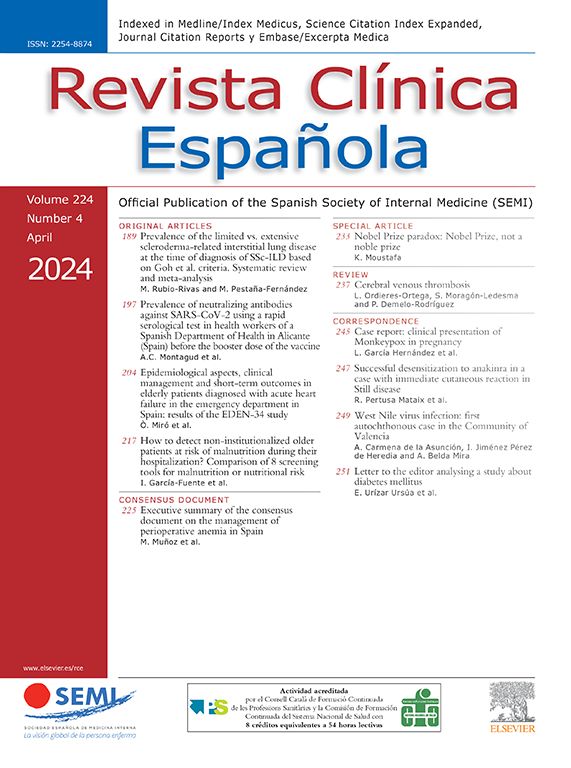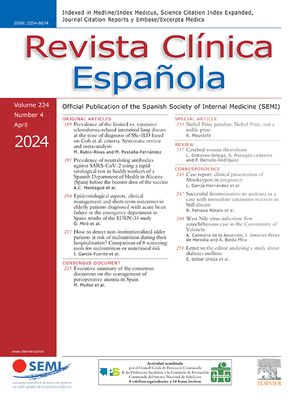La insulina inhalada satisface la búsqueda infructuosa de vías no inyectables de insulina para el tratamiento crónico de la diabetes. Su uso permitirá a pacientes insulinodependientes recibir incluso un solo pinchazo diario de insulina basal, o una insulinización precoz en enfermos con diabetes tipo 2 y mal control glucémico, a muchos de los cuales se les mantiene el tratamiento con antidiabéticos orales por aversión a la vía subcutánea (sc). Los datos actuales indican que dicha insulina es, al menos, igual de eficaz que la sc en cuanto al control glucémico, aunque la experiencia clínica nos esclarecerá su verdadera eficacia y la presencia de posibles efectos secundarios a largo plazo, especialmente sobre la función pulmonar. En este sentido, se ha observado que la insulina inhalada provoca un pequeño descenso del volumen espiratorio forzado en el primer segundo (FEV1) no clínicamente significativo, que aparece de forma temprana y no progresa durante los 2 primeros años de tratamiento, siendo reversible tras la retirada del mismo.
Inhaled insulin satisfies the unsuccessful search for non-injectable insulin pathways for the chronic treatment of diabetes. Its use will allow insulin-dependent patients to even receive a single daily injection of basal insulin or early insulinization in patients with type 2 diabetes and poor glycemic control, many of whom maintain the treatment with oral antidiabetics due to aversion to the subcutaneous route (sc). Current data indicate that this insulin is at least as effective as the sc in regards to glucose control. However, clinical experience will clarify its true efficacy and the presence of possible side effects in the long term, especially on the lung function. In this sense, it has been observed that inhaled insulin leads a non-significant small decrease in forced expiratory volume in one second (FEV1). This appears early and does not progress during the first 2 years of treatment, being reversible after its withdrawal.
Article
Diríjase desde aquí a la web de la >>>FESEMI<<< e inicie sesión mediante el formulario que se encuentra en la barra superior, pulsando sobre el candado.

Una vez autentificado, en la misma web de FESEMI, en el menú superior, elija la opción deseada.

>>>FESEMI<<<







